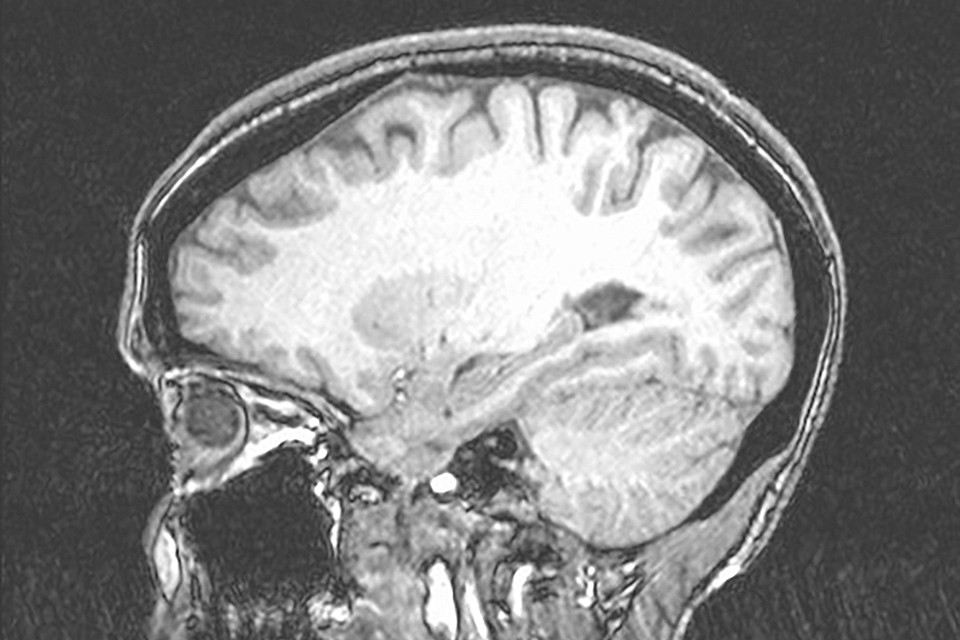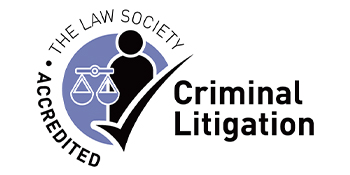STRAIN
A'I GWMNI
AND COMPANY
14A Stryd Penlan, Pwllheli, Gwynedd

Sentencing Offenders Suffering from a Mental Disorder

Date: 2020-07-22
A new guideline for sentencing offenders with mental disorders, developmental disorders and neurological impairments has been published by the Sentencing Council.
The new ‘Overarching principles: Sentencing offenders with mental disorders, developmental disorders, or neurological impairments’ guideline provides clarity and transparency around the sentencing process for this group of offenders.
Evidence suggests that people in the criminal justice system are more likely to suffer from mental health problems than the general population: for example, when a survey screened prisoners on arrival at prison, 23 per cent reported that they had some prior contact with mental health services.
For the first time, judges and magistrates will have guidelines to assist them in sentencing in this difficult and complex area.
The guideline, which will come into force on 1 October 2020, applies to adults who at the time of the offence, and/or at the time of sentencing, have disorders or impairments such as:
- Mental disorders - conditions like schizophrenia, depression or Post Traumatic Stress Disorder (PTSD).
- Developmental disorders - autism or learning disability.
- Neurological impairments - acquired brain injury (ABI) or dementia.
The guideline stipulates that, when assessing whether an offender’s impairment or disorder will have any impact on sentencing, the court should take an individualistic approach and focus on the issues in the case. Levels of impairment caused by any condition will vary significantly between individuals.
The fact that an offender has an impairment or disorder should always be considered by the court, but it will not necessarily have an impact on sentencing. For serious offences, the court must also bear in mind the protection of the public.
Courts should always be aware of the impact of an impairment or disorder on an offender’s ability to understand and participate in proceedings. When determining the level of culpability, courts should make an initial assessment in accordance with any relevant offence-specific guideline, and should then consider whether culpability was reduced by reason of the impairment or disorder.
Factors the courts should consider include:
- Culpability may be reduced if an offender was at the time of the offence suffering from an impairment (or disorder or combination of impairments or disorders), but only if there is sufficient connection between the offender’s impairment or disorder and the offending behaviour.
- In some cases, the impairment or disorder may mean that culpability is significantly reduced. In other cases, the impairment or disorder may have no relevance to culpability. A careful analysis of all the circumstances of the case and all relevant materials is therefore required.
- Courts should ensure that offenders understand their sentence and what will happen if they reoffend and/or breach the terms of their licence or supervision.
- Clarity of explanation is also important so that victims too can understand the sentence imposed.
The guideline sets out a range of sentences available including fines/discharge, community orders, Mental Health Treatment Requirements, drug and alcohol treatment orders and custody.
When considering which type of sentence to impose, courts should consider:
- The nature of the offence for which the offender is being sentenced; and
- Whether the impairment or disorder experienced by the offender may be relevant to the disposal, in particular disposals under powers contained in the Mental Health Act.
Image credit: Image by moujemouje is licensed under CC BY-ND 2.0
How can we help?
If you need specialist advice, then get in touch with Carys Parry on 01758 455 500 and let us help. We can advise on a plea, defences and potential sentences in a wide range of circumstances.
Back to view all blog posts.
Our Specialties Include:
> Personal Injury
> Matrimonial & Family Law
> Criminal
> General Disputes & Litigation
Useful Information
> Legal Costs Funding & Appeals
> Resources & Articles
> Accreditations & Awards
> Testimonials
>Private Client Rates
Contact Us
Address: 14A Stryd Penlan, Pwllheli, Gwynedd
Phone: 01758 455500
E-mail: office@strainandco.co.uk

© 2025 Strain and Company. Authorised and Regulated by the SRA firm no 644052. All Rights Reserved. Privacy Notice.
Website by Delwedd.